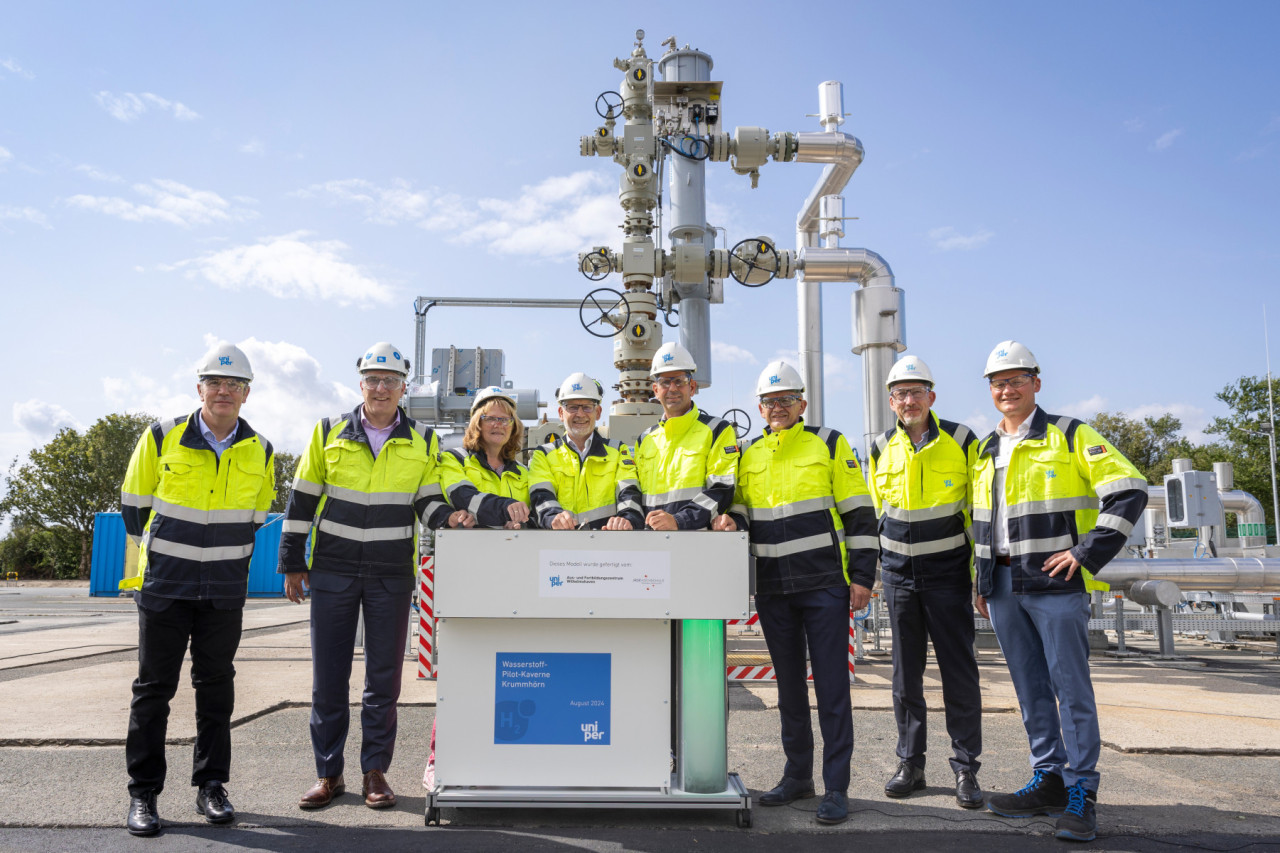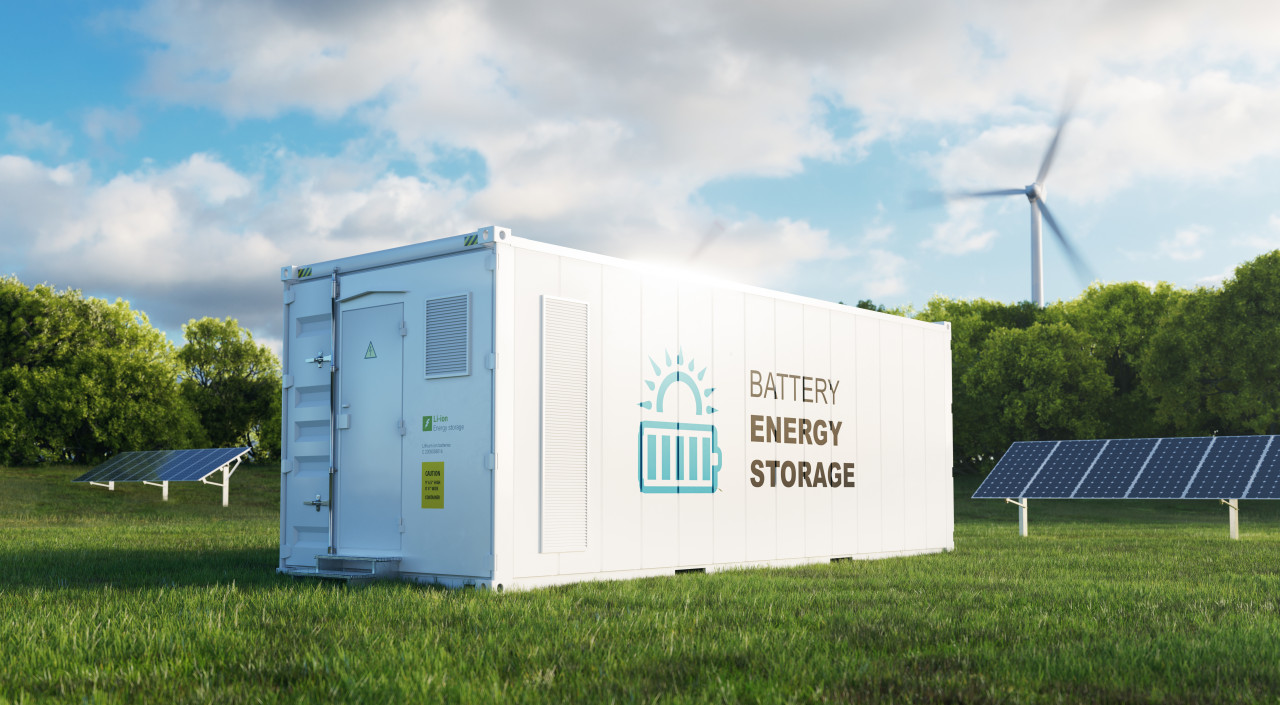Uniper builds pilot cavern storage facility for green H2 in Germany
German energy company Uniper recently opened its Hydrogen Pilot Cavern (HPC) Krummhörn demonstration plant located in the Lower Saxony region of Germany. The facility is expected to undergo first gas tightness test and the planned gas filling later this month.
The HPC project aims to storage hydrogen and natural gas blends in salt cavern specially built for the energy storage purpose. With a geometric volume of about 3,000 cubic meters, the storage is built at an already existing borehole in the site. The facility will trial the storage concept under operational conditions.
With a total storage volume of almost 500,000 norm cubic meters of green hydrogen, the storage facility will be one of the first of its kind, according to the company.
"Energy storage has always been a key element of a stable and efficient energy system, especially when it comes to balancing out seasonal fluctuations in demand. As the share of renewables in our energy supply increases, this aspect becomes even more crucial: only efficient storage solutions can ensure that energy is available when it is needed, especially in the context of decarbonization", said Michael Lewis, CEO Uniper.
He further added, "Hydrogen will play a key role in this combining the security of supply and decarbonization. In addition to transport networks, the successful introduction of hydrogen will above all require large-scale storage options".
"HPC Krummhörn is taking on a pioneering role here and fits seamlessly into our strategy. However, to ensure that it does not stop at the pilot plant stage, industry needs a reliable long-term regulatory framework based on market-based mechanisms and accompanying investment incentives", he noted.
The hydrogen storage projects such as HPC Krummhörn in Lower Saxony and HyStorage in Bavaria are part of the implementation of Uniper's strategy and serve to prepare commercial storage projects for hydrogen.
The initial filling at the facility will be followed by the operation of the plant with various injection and withdrawal cycles in the coming year. Equipment and materials are to be tested for hydrogen compatibility in a real environment, Uniper noted, while also aiming to gain insights on the quality of the stored hydrogen, thermodynamics and rock mechanics.
That way, a hydrogen test facility to determine the gas quality in various realistic injection and withdrawal scenarios will be installed. Hydrogen will be analysed to identify changes that might have occurred during the storage phase in the cavern.




















